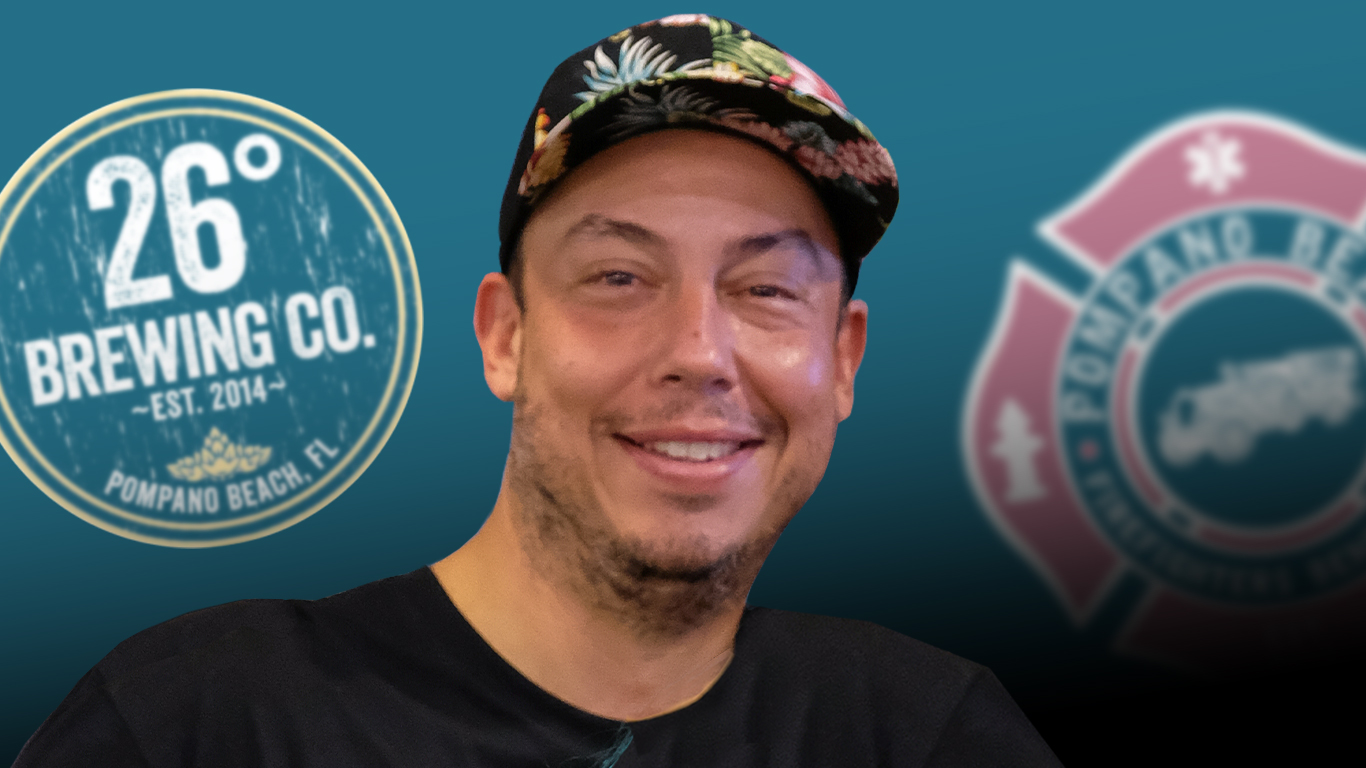
“Ten More Minutes and We Wouldn’t be Talking”
By Joe Pye

Yonathan Ghersi, co-owner of 26 Degree Brewing Company in Pompano Beach.
When a local brewery owner suffered a stroke, first responders saved his life. Now he’s giving back.
Yonathan Ghersi can tell you exactly where he was at 2:28 p.m. on July 28 – because he couldn’t tell anyone else. He literally couldn’t speak. As he walked through his craft brewery in Pompano Beach, he lost all sensation in the right side of his body. Then he went blind. An employee asked if he was OK, and he uttered the last words for the rest of the day: “I’m not sure.”
Ghersi was having a stroke. In a matter of six ½ minutes, local paramedics rushed him to the hospital for emergency surgery.
“That’s the only reason I’m still here able to talk to you guys,” Ghersi tells Broward Beer. “Had it taken, let’s say 10 more minutes to get to the hospital, a lot more damage would’ve been done to my brain from lack of oxygen.”
The brewery staff dialed 911 while guiding him by the hand to a couch in the brewery’s taproom. Paramedics arrived within minutes. He’s found a unique way to give back to those who saved his life by doing what he knows best: making beer.
He and his brewery partnered with Parkland Cares, a local nonprofit that provides mental health counseling for those in need.
On Saturday, Feb. 4, from 2 to 6 p.m., 26 Degree Brewing and Parkland Cares will host a fundraiser for first responder mental health counseling.
Ghersi’s story struck a nerve with Parkland Cares executive director Stacey Udine. Parkland Cares will fund personalized mental health counseling for any first responder who wants and needs it.
“When we launched Parkland Cares days after the shootings at Marjory Stoneman Douglas High School, we thanked the first responders who rushed to the crime scene and cared for the survivors,” Udine says. “We later learned that the tragedy took its toll on those first responders, too. They just don’t like to talk about it. Well, we decided to talk about it – and do something about it. They deserve that and more.”
2:28 pm
Frank Arteaga made the 911 phone call. Reflecting on the details of that day, he says, “I wish I could forget it.”
Ghersi was behind the bar, gripping his right arm and flexing his fingers. Arteaga noticed that something was strange and suspected it was a stroke. Arteaga wasn’t confident because Ghersi was only 42 years old at the time.
“I asked, ‘are you OK?’ He just looked at me with this blank stare, and I’m like stop fucking with me. You’re scaring me,” Arteaga tells Broward Beer. “I asked, ‘Hey, do I need to call 911?’ Looking for some type of affirmation. I’m not a medical professional.”
Ghersi had “classic signs of a stroke.” One side of his body was completely “disabled.”
2:30 pm
Arteaga remembers feeling frustrated with the 911 dispatcher. It was stressful; Arteaga had never witnessed someone suffer a stroke before.
“I remember the operator telling me to calm down. They kept asking me a bunch of questions. I’m like, ‘I don’t care just get an ambulance here. I think he’s stroking out,’” Arteaga says. “They don’t tell you there’s an ambulance on the way you know.”
Two of the responding paramedics that day confirmed with Broward Beer, 911 call centers dispatch them immediately and keep the caller on the line to calm the situation. They aim to leave the firehouse in a matter of 90 seconds.
The operator was still on the phone when the paramedics arrived. They calmly walked in and asked Arteaga for Ghersi’s birthdate and if he takes medication.
He was blind in his right eye and unable to talk, but Ghersi remembers all of it.
Ghersi pointed to his right eye as he told Broward Beer, “A face popped in this way. I couldn’t see anything on this side. So all of a sudden, I see this head pop up in front of me. He’s like, ‘can you repeat after me?’ And he starts to say something. I couldn’t say anything. And then immediately after that, they brought in the stretcher and into the truck. It took 30 seconds.”
2:34 pm
Broward Beer spoke with the responding paramedics from that day. Lieutenant Ivo Defranceschi recalls questioning what kind of stroke call would come from a brewery during the afternoon. As someone who responds to emergency calls regularly, a stroke call at a business that serves alcohol is usually for intoxicated or impaired customers.
This one wasn’t.
“I walked in first and Kyle and our other partner walked in second. Yonathan was leaning off to one side, which tipped us off right away,” Defranceschi says.
Kyle Kurth, another firefighter and paramedic working that day, remembers his team worked fast to get Ghersi to the hospital.
“We all kind of like looked at each other – this is a legit stroke,” Kurth says. “It just had classic signs.”
Signs they describe as…
- Drooping side of face: It’s a sign of paralysis in one side of the body
- Nonverbal communication: When someone suffers a stroke, they can understand but can’t communicate. Ghersi made attempts to speak and remembers everything that day but couldn’t make out the words in response. Arteaga compared his look to a fish.
- Slurring speech: Because the stroke impairs communication, the victim can sound intoxicated because their speech is slurred and incoherent. Ghersi made attempts to speak that sounded more like a groan than formed words like he was trying to speak but couldn’t.
- Dizziness: If you stand up and lose your balance and feel dizzy, it may be a sign your body isn’t getting enough oxygen.
- High blood pressure: The heart works harder to compensate for the lack of oxygen.
Test the signs
One of the biggest trouble with a stroke is time. Minutes were a matter of life and death for Ghersi. Kurth and Defranceschi recommend a few tests they use to identify a legitimate stroke:
- Have the patient smile: If one side of their face droops it may mean a sign of paralysis.
- Squeeze their fingers: If they don’t feel the same, there is weakness in one more than the other.
- Lift both arms: Paramedics will often have stroke victims hold their hands in front of them. If they can’t keep both of them up or they drift away from each other, it also shows weakness in one.
- Say a simple phrase: Arteaga recalls the 911 call dispatcher told him to ask Ghersi to say a simple phrase, “The early bird gets the worm.” It’s a test if that person can make out simple words. Stroke victims often jumble words together or can’t make them out at all.
“If you took a pencil and put a line directly down the middle of his body – that whole side of his body was completely disabled,” Defranceschi says. “He couldn’t talk. But he could completely understand what we were saying. He had no function of anything.”
Detection signs saved his life
Ghersi recalls having a weird feeling in his hand before the stroke happened.
He had blurred vision and minor headaches the previous day. While washing his hair in the shower, he saw geometric figures. It wasn’t enough for him to panic.
Signs of a stroke can be minute, Kurth says, people can be nervous about making a 911 call when they’re feeling sick. It may be embarrassing or some may feel they’re wasting first responders’ time. But Kurth advises everyone to make the call.
Ghersi’s stroke stands out to Kurth. His brother-in-law is around Ghersi’s age and had a stroke only one month prior. Both instances have been learning lessons for Kurth to pay more attention to his own health.
He says most people know their own bodies. Even he felt a strange chest pain recently and got it checked out for peace of mind. It’s important to know the signs of a stroke to either save someone’s life or preserve the quality of life they have.
Kurth praises Arteaga and other brewery staff members for noticing the signs and quickly making the call.
“With a stroke like his, you’re looking at someone that’s either going to die or probably going to be in a nursing facility, unable to move with no quality of life,” Kurth says. “The fact that he walked out of the hospital and has no deficit is amazing. It literally has to do with the fact that his co-workers and brother-in-law recognized it right away. Because if they didn’t, who knows what shape he’d be in.”


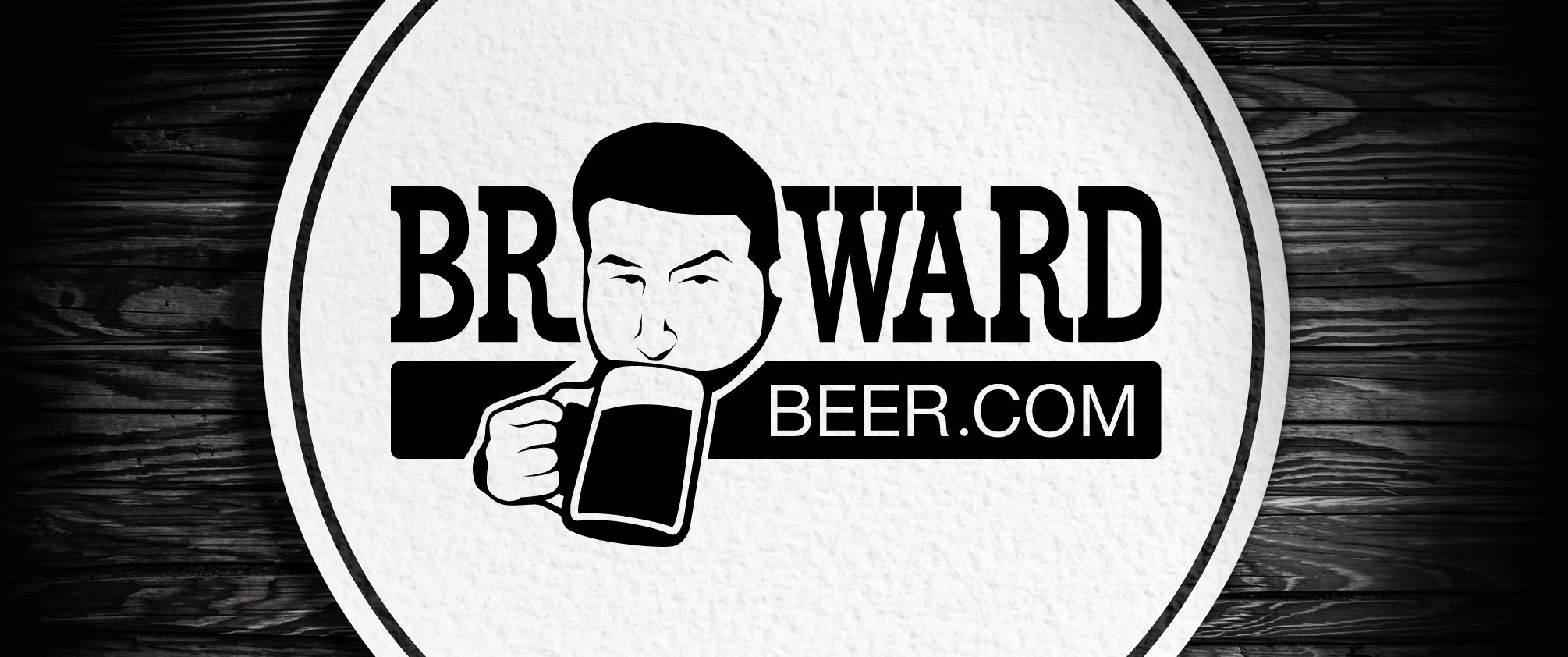
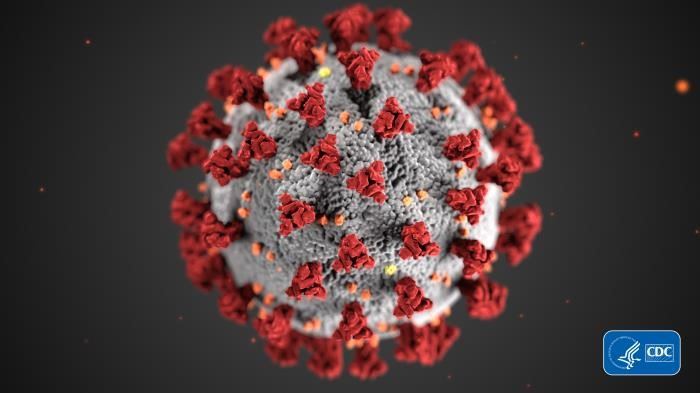
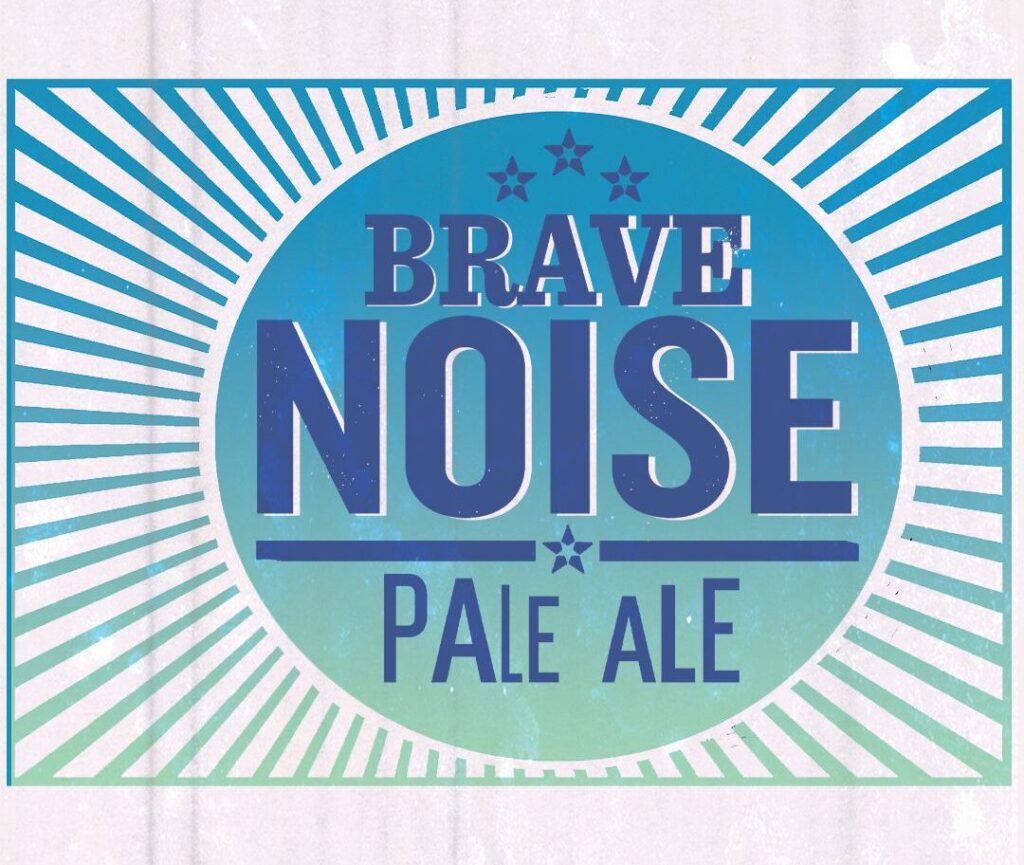
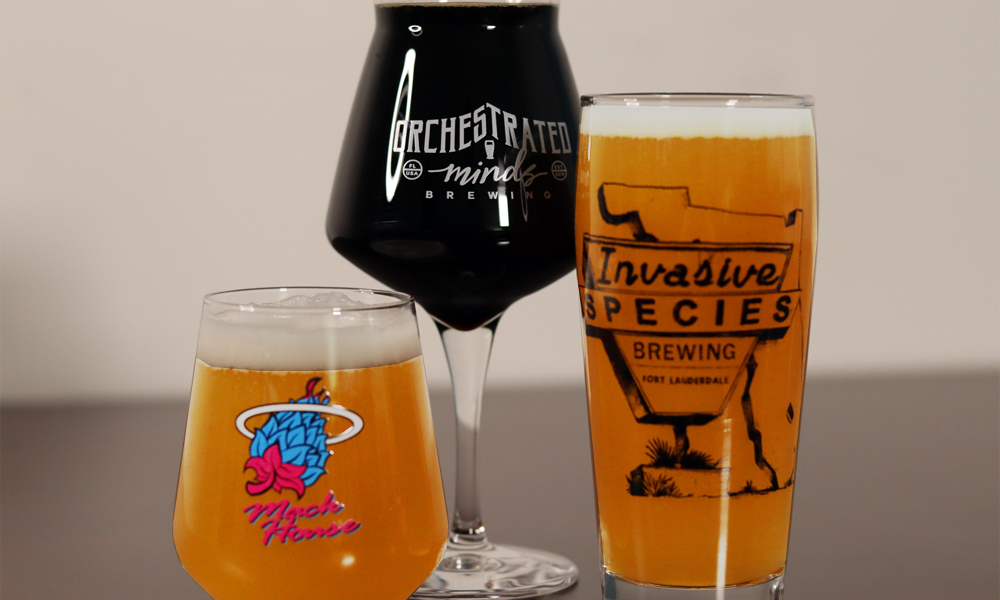
1 Comment
Great article, thanks for sharing this